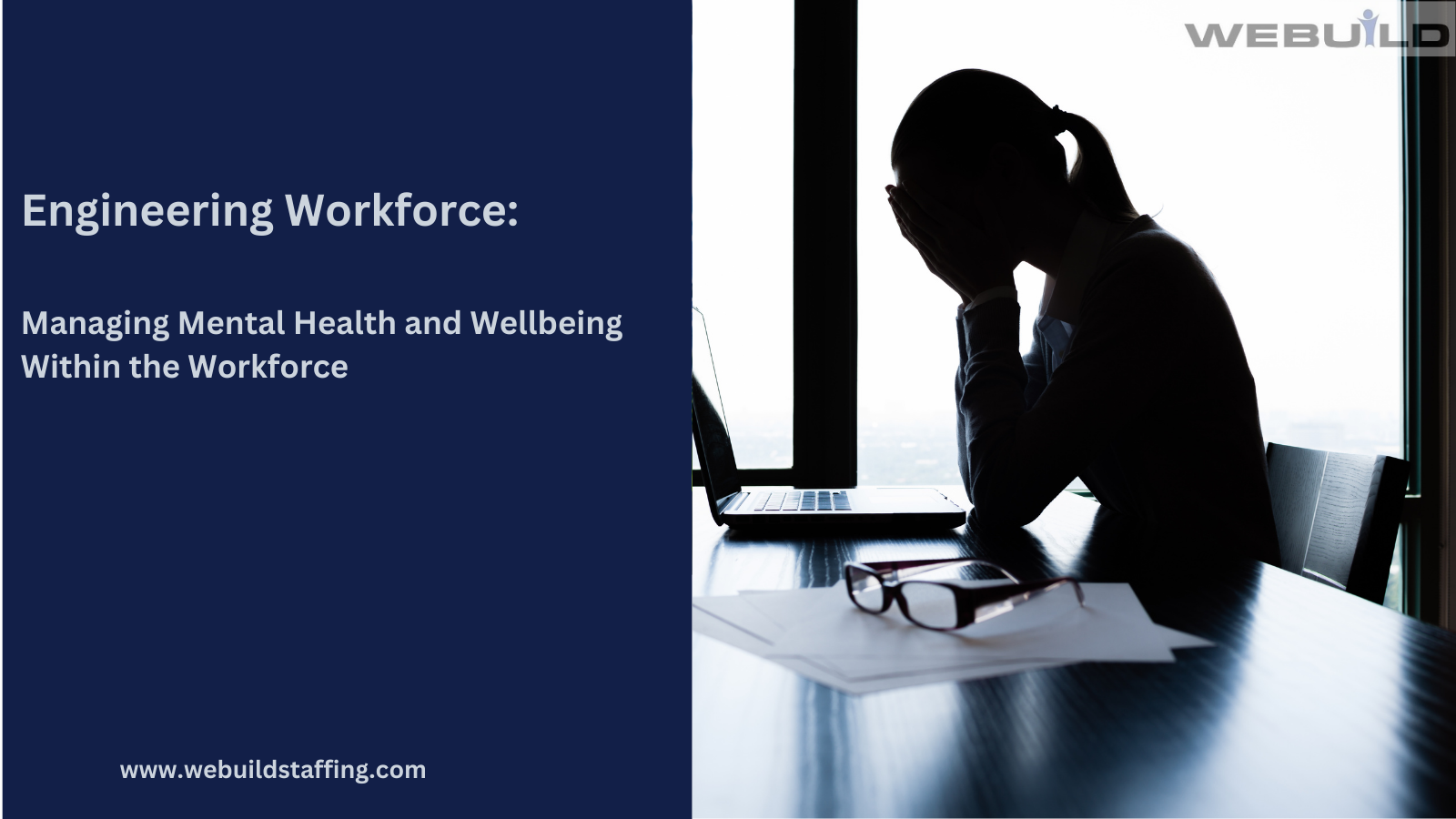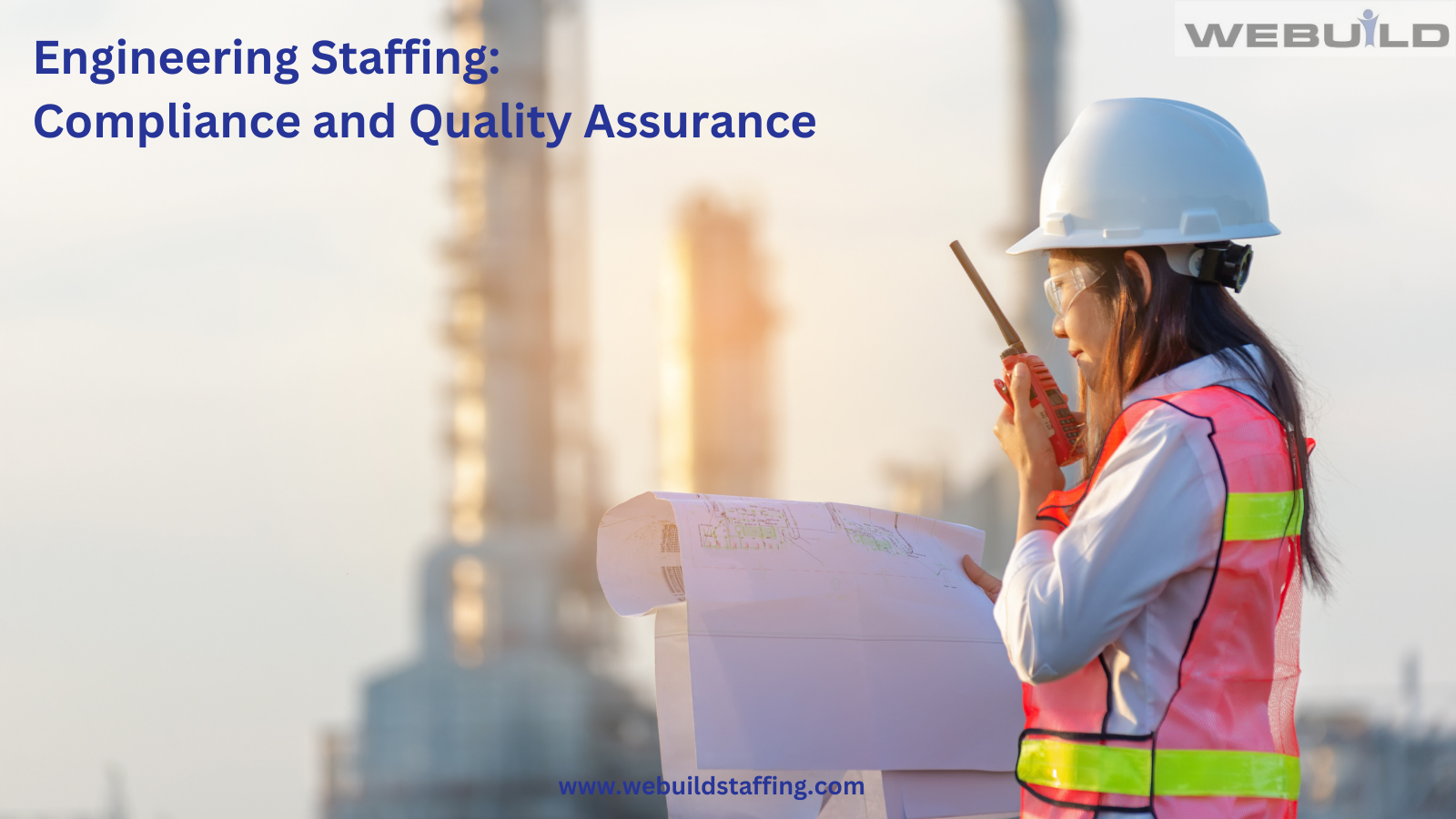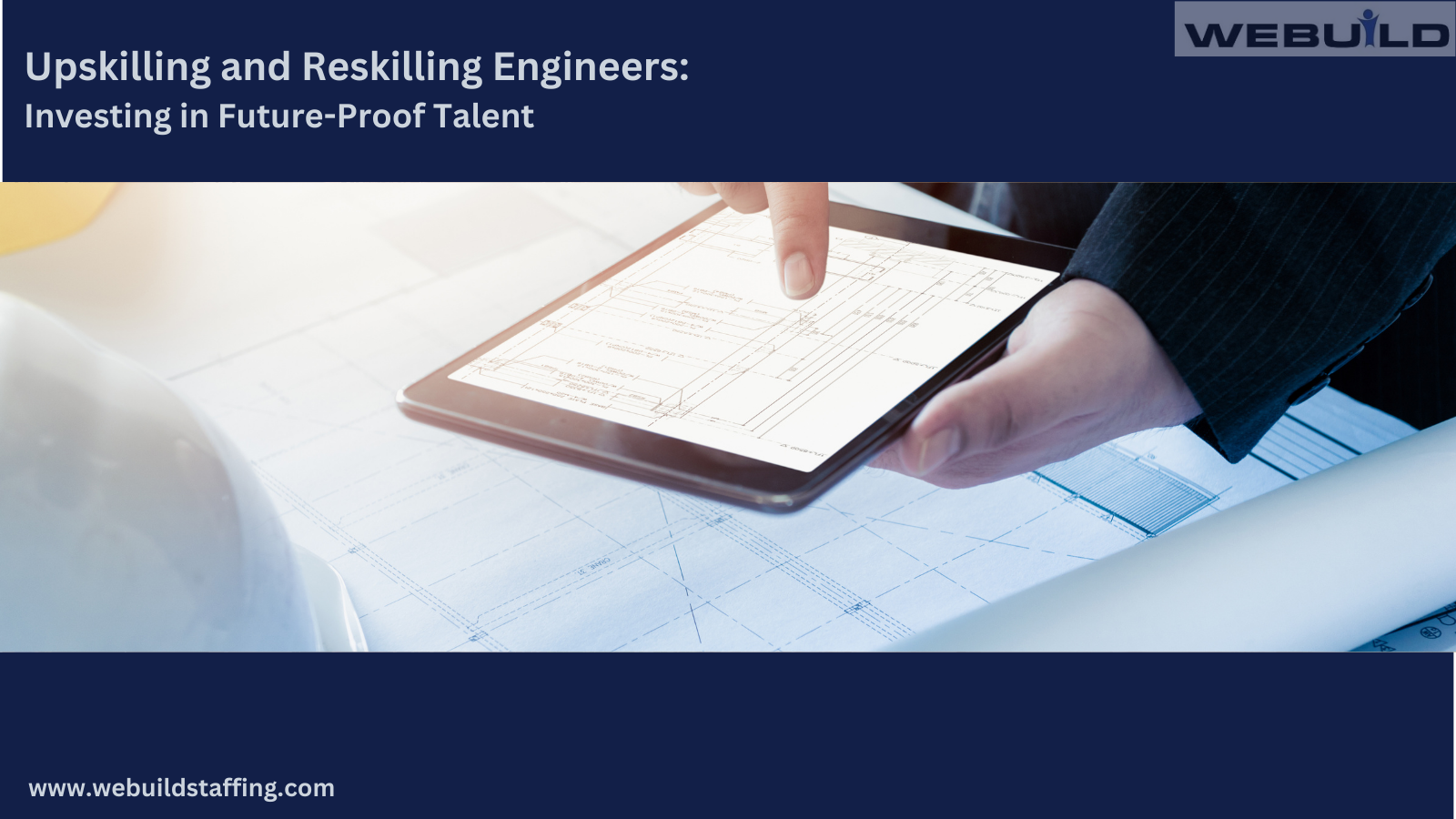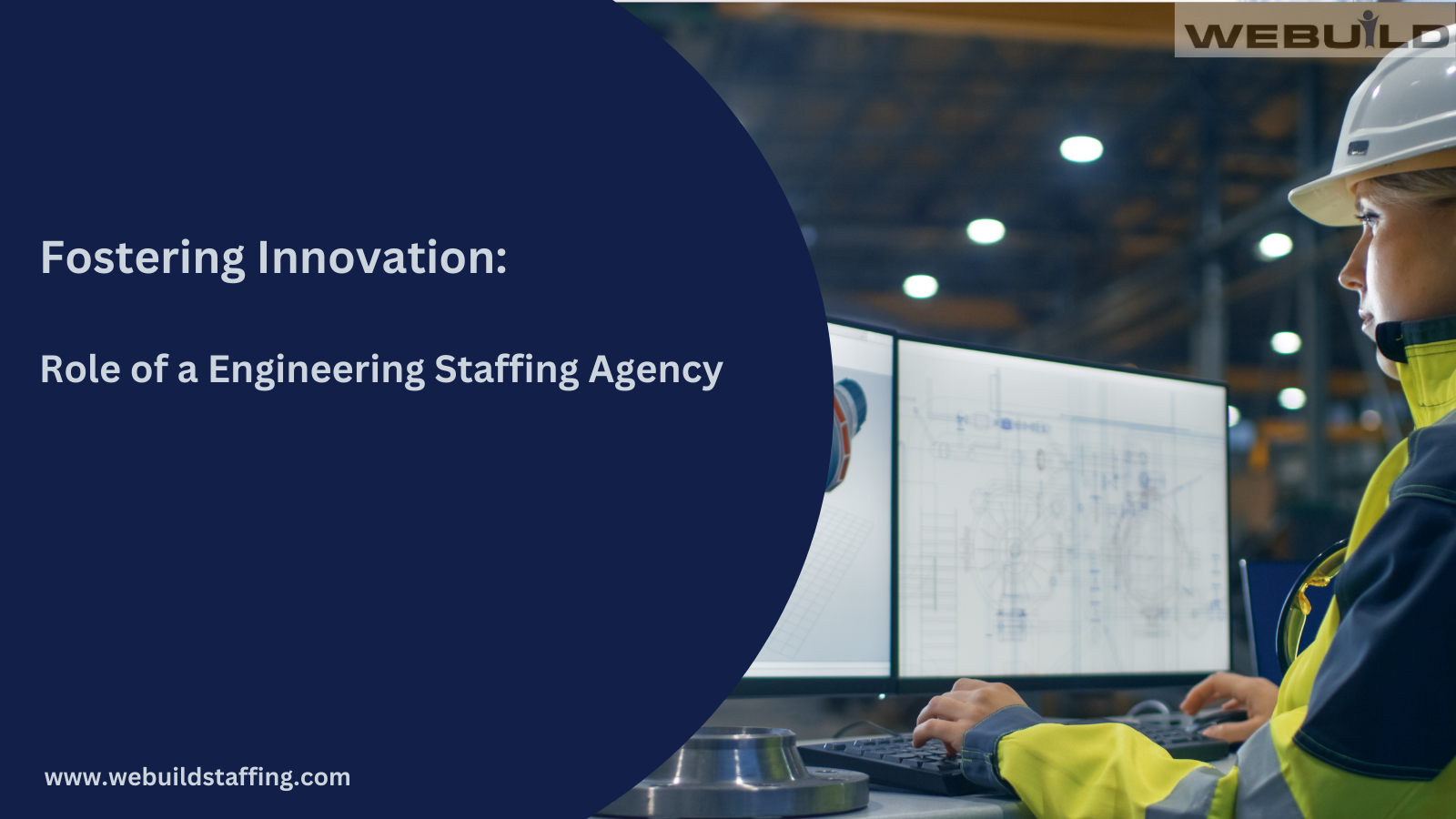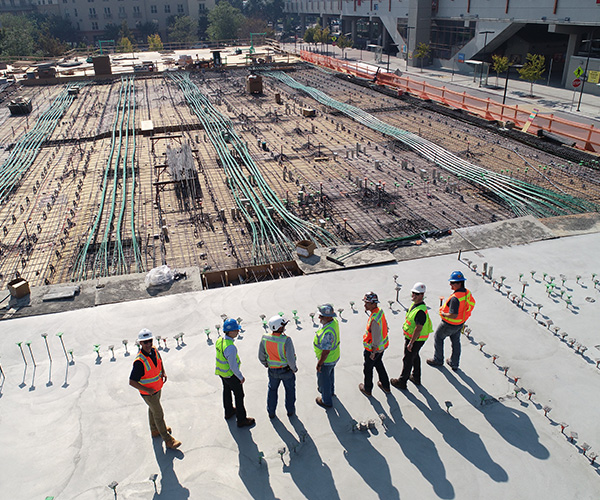Mastering Your Environmental Career Job Interview: Key Insights for Success
WEBUILD STAFFING BLOG |
Mastering Your Environmental Career Job Interview: Key Insights for Success

Landing your dream job in the environmental sector often hinges on your performance during the job interview. While your resume may have opened the door, it’s the interview that will help you seal the deal. In this comprehensive guide, we’ll explore key insights and strategies to help you ace your next environmental career job interview. From thorough preparation to mastering common interview questions and addressing industry-specific topics, we’ve got you covered. Whether you’re a recent graduate or an experienced professional looking to make a change, these insights will boost your confidence and increase your chances of success.
Research the Company and Industry
Before you step into the interview room, it’s crucial to understand the company and the environmental industry it operates in. Here’s how to conduct effective research:
- Company Website: Study the company’s website thoroughly. Learn about its mission, values, projects, and recent accomplishments. Pay attention to any sustainability initiatives they have in place.
- Industry Trends: Familiarize yourself with current trends, challenges, and advancements in the environmental sector. This knowledge will help you engage in meaningful discussions during the interview.
- Company Culture: Research the company’s culture and work environment. This will help you determine if the organization aligns with your values and career goals.
Prepare for Common Interview Questions
Interviewers often ask standard questions to assess your qualifications and fit for the role. Be ready to answer questions like:
- Tell Me About Yourself: Craft a concise, compelling narrative that highlights your relevant experiences and why you’re passionate about environmental work.
- Why Do You Want to Work Here?: Showcase your knowledge of the company’s mission and how it aligns with your career aspirations.
- What Is Your Greatest Strength/Weakness?: Choose strengths that are relevant to the role and discuss how you’re working to improve any weaknesses.
- Describe a Challenging Situation You Faced at Work: Use the STAR (Situation, Task, Action, Result) method to provide a detailed response that highlights your problem-solving skills.
- Why Did You Choose this Career Path?: Share your genuine passion for environmental work and any personal experiences that inspired your career choice.
Prepare for Behavioral Questions
Behavioral questions assess your past actions and experiences. These questions often begin with phrases like “Tell me about a time when…” or “Give an example of…” Prepare examples from your work history that demonstrate your skills and competencies, such as teamwork, leadership, and adaptability.
For roles that require specific competencies or certifications, be prepared for behavioral interviews. These interviews assess how you’ve applied your skills and knowledge in past situations. Use the STAR method (Situation, Task, Action, Result) to structure your responses:
- Situation: Describe the context of the situation you encountered. What was the challenge or problem you faced?
- Task: Explain your specific role and responsibilities in the situation.
- Action: Describe the actions you took to address the challenge. Be specific about the steps you took and the rationale behind your decisions.
- Result: Highlight the outcomes and impact of your actions. Use quantifiable results when possible to demonstrate your achievements.
Environmental Career Industry-Specific Questions
Expect questions related to the environmental field, which may include topics like:
- Sustainability Initiatives: Be ready to discuss your experience with sustainability practices and how you’ve contributed to reducing an organization’s environmental impact.
- Regulatory Knowledge: Demonstrating your understanding of environmental regulations and compliance is crucial for many roles. Prepare to discuss your familiarity with relevant laws and regulations.
- Environmental Impact Assessment: If applicable, talk about your experience with environmental impact assessments, including methodologies and reporting.
Showcase Relevant Skills and Experiences
Throughout the interview, emphasize your skills and experiences that are directly related to the position you’re seeking. Highlight achievements and projects that demonstrate your ability to excel in the role.
- Technical Skills: If the job requires technical expertise, discuss your proficiency in relevant software, tools, and equipment.
- Problem-Solving: Emphasize your ability to identify environmental challenges and develop practical solutions. Use examples to illustrate your problem-solving skills.
- Teamwork: Describe your experience working in multidisciplinary teams to achieve environmental goals. Showcase your collaborative and interpersonal skills.
Prepare Questions for the Interviewer
Interviews are a two-way street. Prepare thoughtful questions to ask the interviewer. This demonstrates your genuine interest in the role and the company. Consider asking about:
- Environmental Initiatives: Inquire about the organization’s current or future environmental projects and how the role you’re interviewing for contributes to these initiatives.
- Company Culture: Ask about the company’s approach to sustainability and its commitment to creating a green workplace.
- Team Dynamics: Seek insights into the team structure, your potential colleagues, and how the role interacts with other departments.
Dress Appropriately
Dress professionally for the interview. Depending on the company’s culture and industry, this may mean business attire or a more relaxed dress code. When in doubt, it’s better to be slightly overdressed than underdressed.
Practice Interview Etiquette
Good interview etiquette is essential. Arrive on time (virtually or in person), greet the interviewer with a firm handshake or a polite virtual greeting, and maintain good eye contact (even during virtual interviews). Be attentive, listen actively, and show enthusiasm for the position.
Follow-Up After the Interview
Send a thank-you email within 24 hours of the interview to express your appreciation for the opportunity. Use this as a chance to reiterate your interest in the role and briefly mention a key point from the interview that demonstrates your qualifications.
In Conclusion:
Mastering your environmental career job interview requires thorough preparation, confidence, and a clear understanding of the role and organization. By researching the company and industry, preparing for common and behavioral questions, showcasing your relevant skills and experiences, and practicing good interview etiquette, you can position yourself as the ideal candidate for the job. Remember that an interview is not just an opportunity for the employer to assess you but also a chance for you to evaluate if the company aligns with your career goals and values. Approach each interview with enthusiasm and professionalism, and you’ll be well on your way to securing your dream environmental career.
Webuild Staffing Agency is a leading executive search and staffing agency dedicated to the construction, engineering and environmental industries. To learn more please visit: www.webuildstaffing.com

